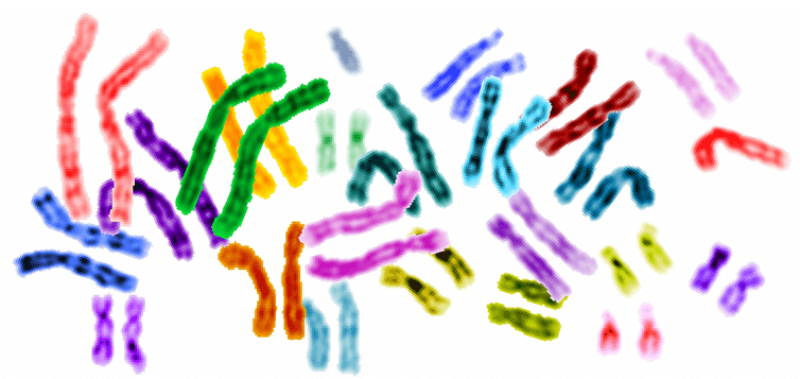The first time scientists sequenced a person’s entire genome, it took more than a decade and cost hundreds of millions of dollars. Currently, such sequencing takes less than twenty-four hours and costs less than $5,000.
To put that into perspective, Myriad Genetics charges $3,000 to test for mutations in just two genes associated with breast cancer. The days of affordable genomic sequencing are rapidly approaching. But will such testing bankrupt us?
In most consumer markets, lower prices are a boon to consumer budgets. In the 1950s, for example, Americans spent over 30% of their income on food. But with food production becoming more efficient, that percent has been cut in half. Like we learned in ECON 101, produce food – or computers or clothing – for less money, and people will spend less money on those goods.
But that straightforward economic truth does not necessarily hold when it meets the crooked logic of the American healthcare system.
Genomic testing may raise medical expenses for a similar reason. As testing becomes less expensive, genomic sequencing can be utilized by an ever broader swath of patients. Moreover, genomic sequencing can be used to screen for unknown illness or risk factors. Genomic sequencing is the beginning of a diagnostic and treatment cascade for many people who receive such tests. A suspicious mutation may launch further testing to see if the mutation is a harbinger of hidden illness.
Some experts contend that genomic sequencing will lower costs when it helps to tailor therapy to those patients most likely to respond to treatment. Genetic testing may indicate whether a patient’s tumor is responsive to targeting chemotherapy. This would theoretically save money, if patients lacking the right genomic signature are spared an expensive and ineffective treatment. However, such cost savings will only come to fruition if clinicians withhold such treatments from their patients, which is not guaranteed to happen, especially if the genetic information is imperfect and some unidentifiable (if small) subset of that population would potentially respond to treatment.
Read the full, original story here: Will lowering the price of genetic testing raise the cost of medical care?
Additional Resources:
- Cancer genomes to enter private practice, Genetic Literacy Project
- Whole-genome sequencing in your doctor’s office? A reality check, but sooner than later, Genetic Literacy Project
- The $1000 human genome: A reality check, Genetic Literacy Project































